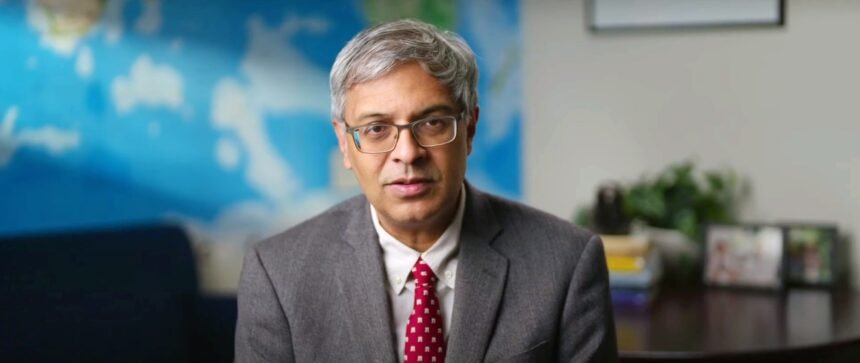President-elect Donald Trump has selected Dr. Jay Bhattacharya, a prominent physician and critic of COVID-19 lockdown measures, to serve as the new Director of the National Institutes of Health (NIH), the U.S.’s leading agency for medical research.
In a statement released Tuesday, Trump announced the appointment, emphasizing that Dr. Bhattacharya would work alongside Robert F. Kennedy Jr., who was recently appointed to head the Department of Health and Human Services. Trump praised the team for their efforts in advancing medical research and developing breakthroughs to improve health and save lives.
Dr. Bhattacharya, a 56-year-old professor of medicine, economics, and health policy at Stanford University, became widely known for his opposition to strict isolation measures and mandatory vaccinations during the COVID-19 pandemic. Bhattacharya was a vocal proponent of alternative approaches to managing the crisis, focusing on protecting vulnerable populations rather than imposing widespread lockdowns.
In a statement on X (formerly Twitter), Bhattacharya expressed his honor at the nomination, stating, “I am honored to be nominated by President Trump to lead the NIH. We will reform American scientific institutions so that they are once again worthy of trust, and use the fruits of science to make America healthy again.”
This nomination rounds out Trump’s public health team ahead of his inauguration on January 20. Earlier this month, Trump appointed Robert F. Kennedy Jr., a vocal vaccine skeptic, to lead the Department of Health and Human Services, further shaping his administration’s approach to health policy.
Kennedy’s criticism of vaccine efficacy and safety, along with other similar views, has raised concerns within the medical community about the future direction of public health in the U.S.







